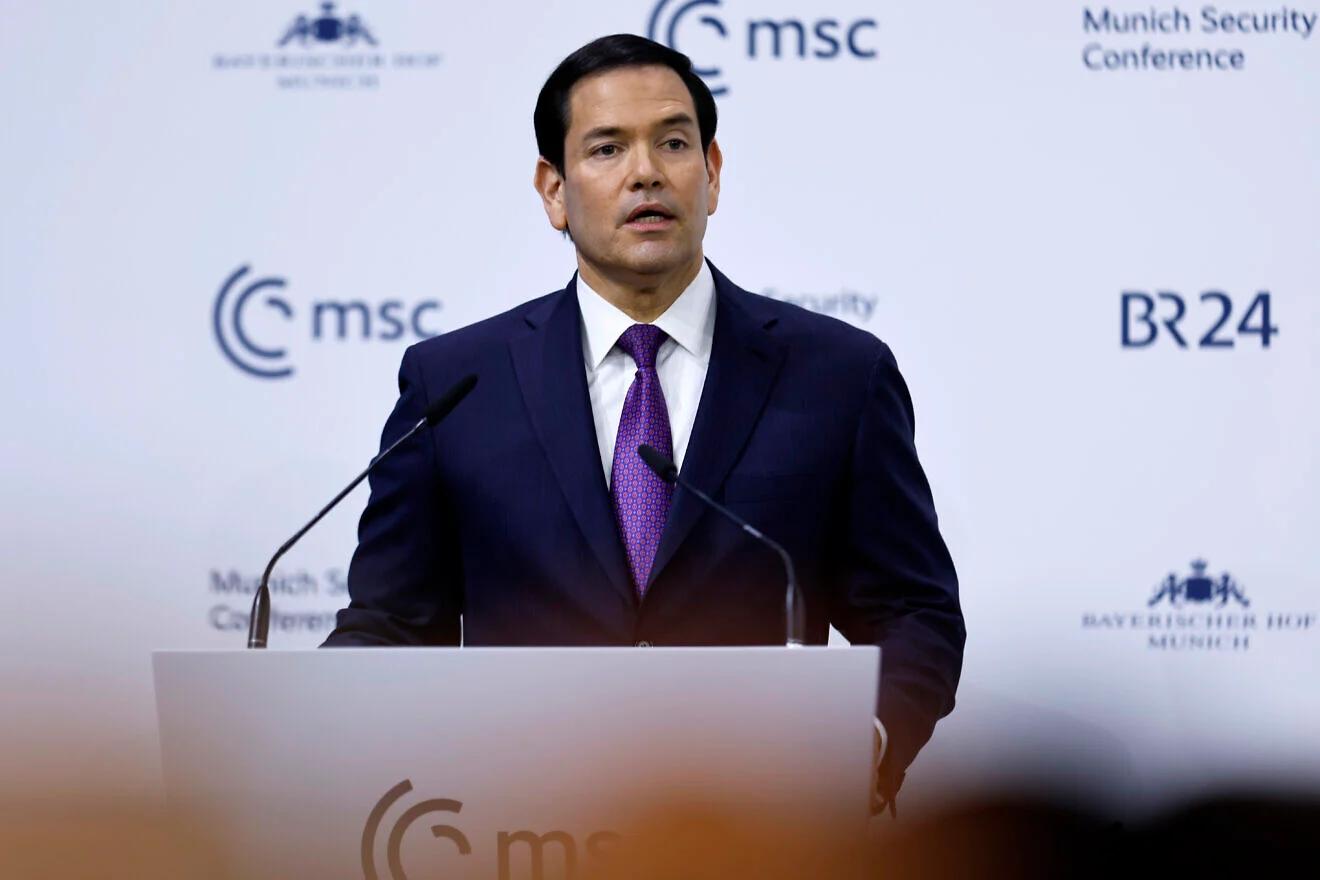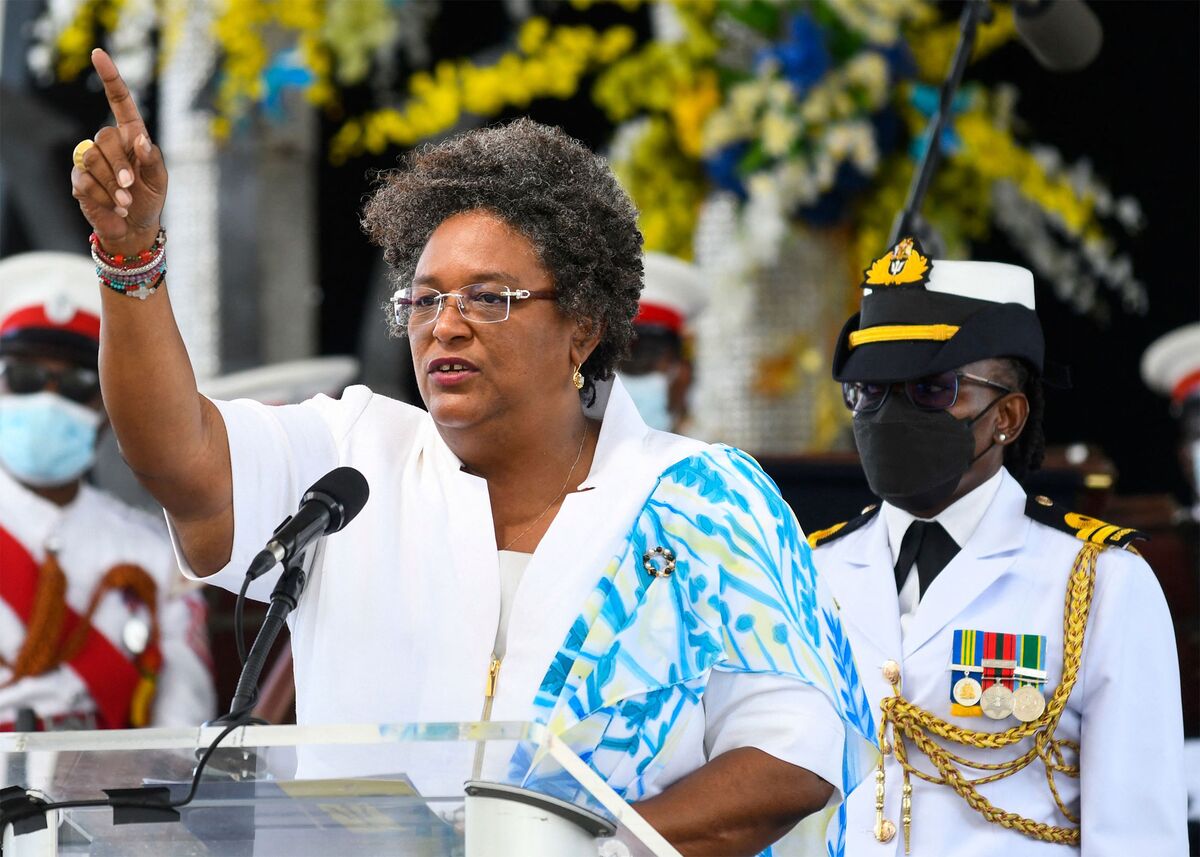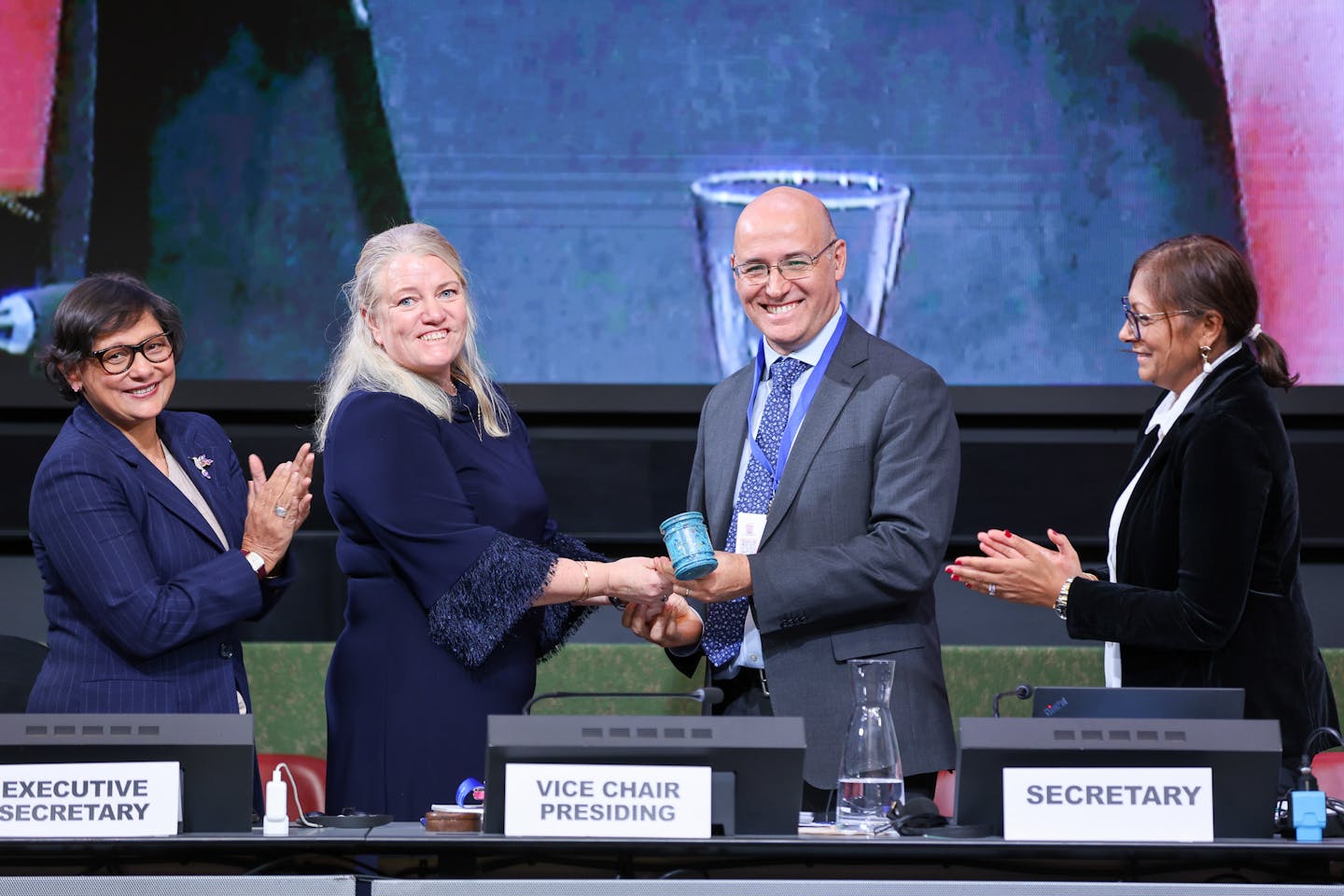Key Impact Points:
- Mobilizing both public and private finance is crucial for meeting global climate goals and achieving sustainable development.
- Public-private partnerships are essential for transforming national climate pledges into actionable investment roadmaps.
- Supporting developing nations with targeted climate finance is key to ensuring inclusive and equitable climate action.
UN Highlights Climate Finance Urgency at COP29
The 12th Annual High-Level Meeting of the Caring for Climate initiative, hosted by the UN Global Compact alongside UNEP and UNFCCC, took place at COP29 in Baku. The meeting convened top leaders from sectors spanning business, finance, government, civil society, and the United Nations to strategize on advancing climate finance and meeting the critical needs of the global climate agenda.
Mobilizing Finance for Climate Action
COP29, dubbed the “Finance COP,” emphasized aligning public and private finance to meet ambitious climate goals. Participants deliberated on ways to accelerate investments that align with Nationally Determined Contributions (NDCs) set forth by the Paris Agreement. Discussions centered on developing comprehensive investment roadmaps for climate adaptation, mitigation, and resilience.
Sanda Ojiambo, CEO and Executive Director of the UN Global Compact, stressed, “Mobilizing both public and private finance is essential to achieving our climate goals. By bringing together business leaders, governments, and civil society, we are transforming national climate commitments into practical investments that will drive sustainable development and safeguard our future.”
Change the World - Subscribe Now
Transforming Commitments into Action
The meeting explored key strategies, including:
Public-Private Partnerships: Leaders underscored the urgent need for scalable partnerships to mobilize the vast financial resources necessary for transitioning to low-carbon economies. Streamlining investment processes and integrating climate risk considerations into financial strategies were highlighted as pivotal actions.
Private Sector Engagement: Attendees recognized private finance as a bridge for funding gaps, especially in vulnerable regions needing climate adaptation. Pathways for private investors included innovative financing models, blended finance solutions, and policy alignment to facilitate impactful investment.
Focus on Developing Nations
A significant portion of discussions centered on the importance of directing finance to developing countries. Ensuring that climate action is inclusive, equitable, and resilient remains a priority. By scaling up finance solutions, developing nations can better adapt to climate challenges and drive sustainable growth.
A Platform for Global Collaboration
Since its inception in 2007, the Caring for Climate High-Level Meeting has served as a vital forum for private sector engagement in the UN Climate Change Conferences. It provides business leaders an exclusive platform to share insights, commit to tangible climate actions, and influence policy.
Ongoing UN Global Compact Initiatives: The UN Global Compact, in collaboration with the NDC Partnership and the Climate Promise 2025 initiative, continues to foster dialogues with Member States to integrate private sector innovation and investment into national climate strategies. The Climate Promise, launched in 2019, now supports over 120 countries in areas like emissions reduction, adaptation, and policy alignment, bolstering global efforts to meet climate targets.
This year’s meeting reaffirmed global commitments to align finance with the UN Secretary-General’s climate priorities and drive meaningful, practical results.
Related Article: GRI and UN Global Compact Launch Enhanced SDG Reporting Tool for Business

 Follow SDG News on LinkedIn
Follow SDG News on LinkedIn











